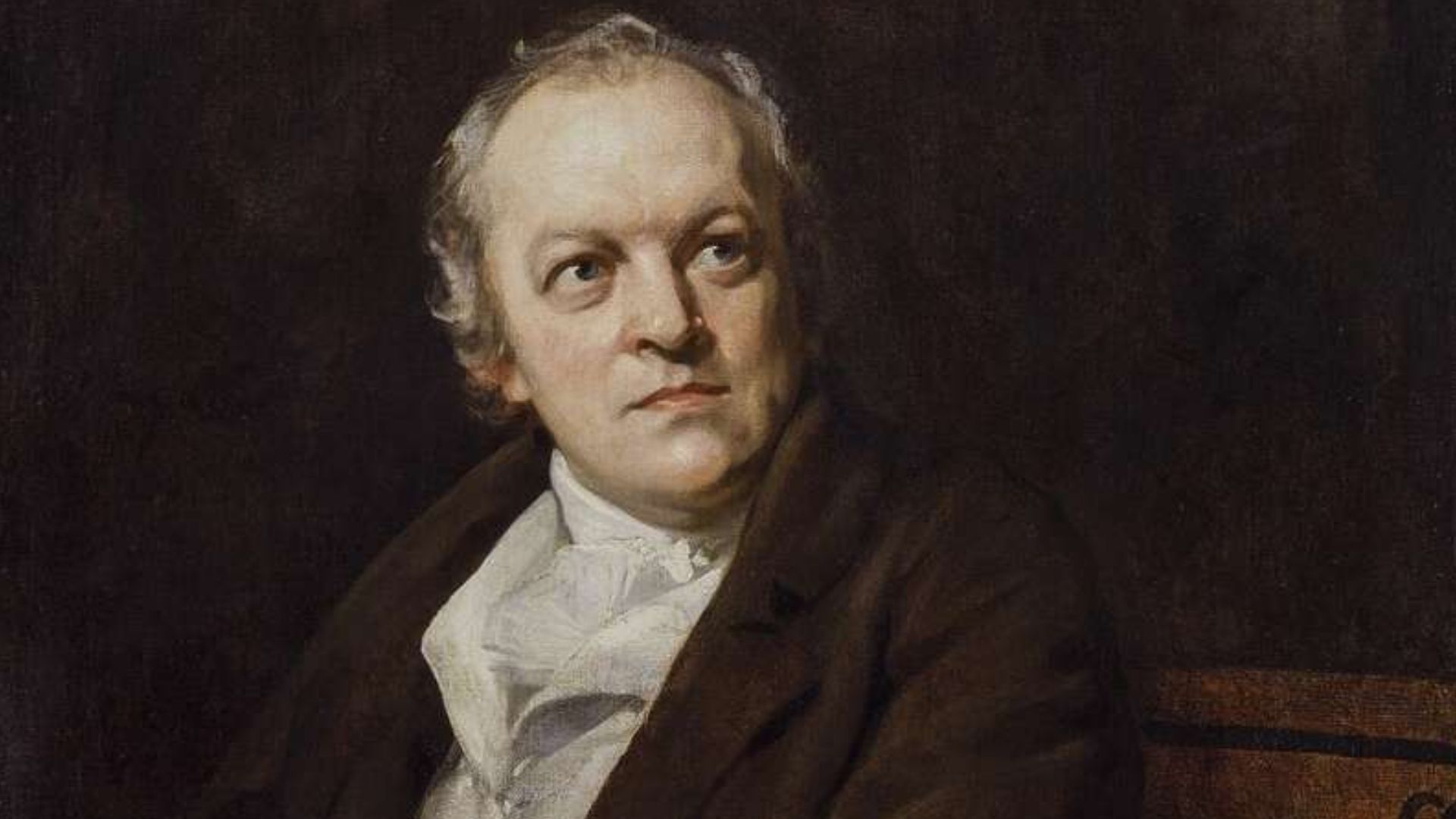A Little Boy Lost Poem by William Blake
A Little Boy Lost
Nought loves another as itself,
Nor venerates another so,
Nor is it possible to thought
A greater than itself to know.
'And, father, how can I love you
Or any of my brothers more?
I love you like the little bird
That picks up crumbs around the door.'
The Priest sat by and heard the child;
In trembling zeal he seized his hair,
He led him by his little coat,
And all admired the priestly care.
And standing on the altar high,
'Lo, what a fiend is here! said he:
'One who sets reason up for judge
Of our most holy mystery.'
The weeping child could not be heard,
The weeping parents wept in vain:
They stripped him to his little shirt,
And bound him in an iron chain,
And burned him in a holy place
Where many had been burned before;
The weeping parents wept in vain.
Are such thing done on Albion's shore?
The first two lines are a rebuttal of Jesus’ “love your neighbour as yourself.” The second two lines a rebuttal of metaphysical religion. The third two lines echo Cordelia's reply to King Lear when he asks what can she say to outdo her sisters’ exaggerated declarations of love for him: Cordelia: Unhappy that I am, I cannot heave My heart into my mouth: I love your Majesty According to my bond, no more nor less The reasonableness of Cordelia condemns her in the eyes of Lear. And the child is condemned for its reasonableness (in Blake’s eyes) by the Church which will condemn the child to eternity in the fires of Hell for it. The spirit of the Enlightenment is in this poem.
What strong and perfect references - I love Blake's style. Too bad freedom isnt' always free. On the other hand, not everyone is bound to reason.
religion/homophobia/mother was catholic, married C of E her sister married a Jew. In England through the ages religion has been involved, thank god(no pun intended) its starting to abate
A ghastly tale told so very elegantly.... The boys reasoning quite astute, I think, but to be met with such barbarity for falling outside the norm... I often forget the treacherous and inhumane way people treated one another back then. Drawing and quartering - a ghastly execution style by which four horses are tied to the limbs and driven in four different directions - was still very popular method during Blake's lifetime. Trial by fire, or trial by water consisted of subjecting a person to either burning or drowning for a set period of time - if he survived then it was deemed that God found him innocent. Blake was 36 years old when Marie Antoinette had her head so grisly cut off. It's amazing to me how much beauty and depth of feeling we can find in the words of those who lived then.... having lived in such an inhospitable time.... that marks the greatest civility I can imagine.
Blake is one of my favorite poet. He is a poet who writes in a way that there is always more than meets the eye. This poem is no exception.
Wow..... I love this piece, emotional. 'The weeping parents wept in vain'
This poem has not been translated into any other language yet.
I would like to translate this poem
I don't care for this poem...see enough of terrible stuff on daily news, don't really need it my poetry readings. Constance